I often recall my grandfather raising rabbits and other sport birds to train his two hunting dogs a long ago.
Raising rabbits has long been a popular culture at the homestead for their meat, manure, and fur. They also make good pets, but they require some demanding care.
So, I am here to talk about the pros and cons of owning a rabbit and help beginners.
The Pros of Owning a Rabbit
1. Smart Pets
Unlike other dumb animals, rabbits are far more intelligent and can be trained for command.
They have a good memory and can recognize or recall the names given to them. They won’t forget previous good and bad experiences with the owner or visitors.
Bunnies learn and understand some words, phrases, or commands with repetition. Don’t expect them to obey you every time.
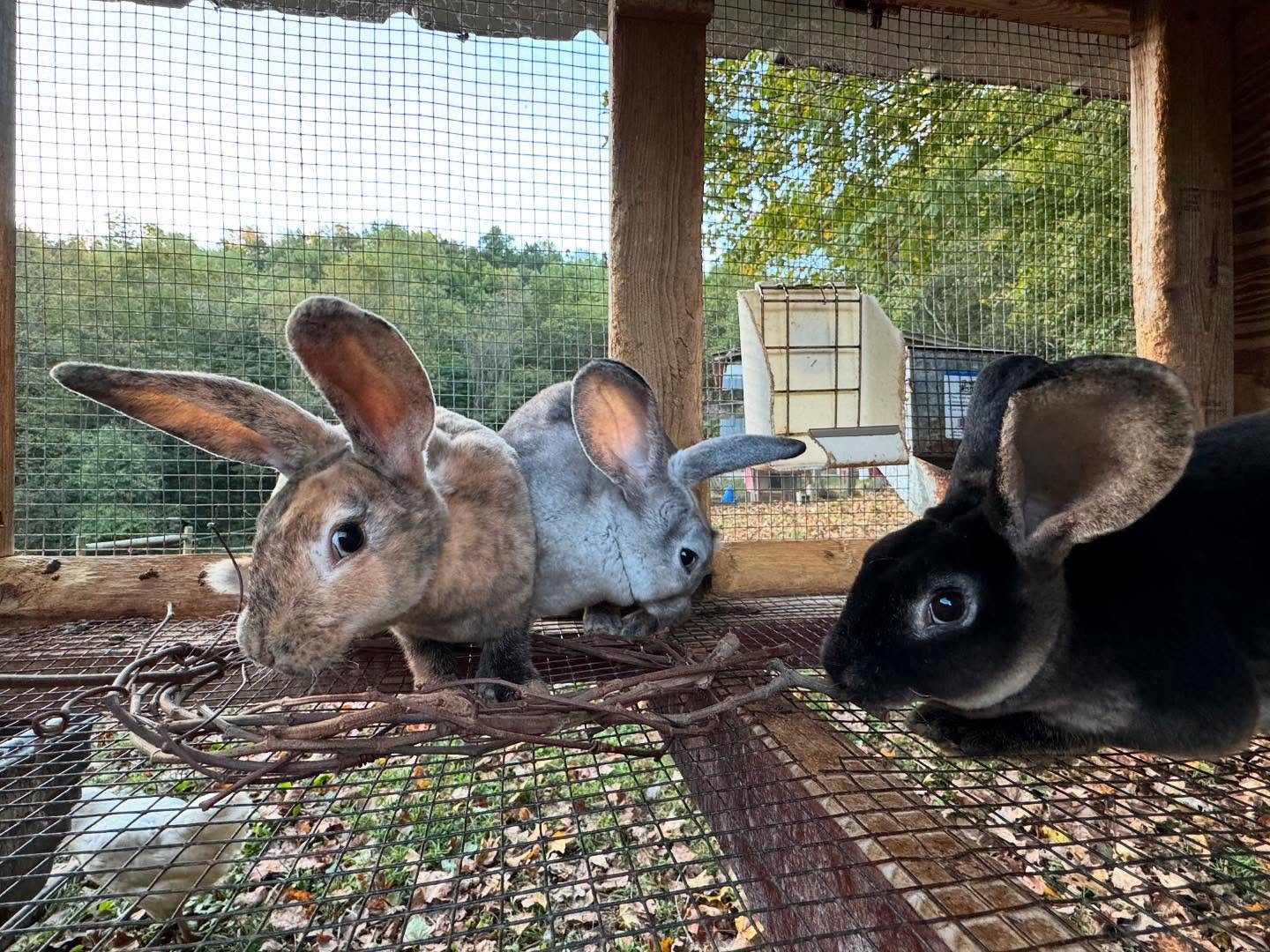
They are curious about finding new things and seek your hands whenever you approach them. You can instruct them to use a litter box and maintain sanitization in their pen.
You can also teach them other tricks and get help from YouTube videos. It’s so fun to do it. I have taught my bunny to give me a high-five.
2. Great for Small Spaces
Rabbits are welcome to grow in apartments and small cottages. They can also survive in the big sage filled with toys.
Their space requirement is similar to that of chickens if you plan to raise them in a small enclosure.
A medium-sized bunny needs 3-6 square feet of space, four times bigger than its body size. Ensure the pen allows the animals to hop or run around, stand on their hind legs without touching the rooftop, and lie down comfortably.
You can build a pen for one with a minimum diameter of 3 feet (length) X 2 feet (width) and 2 feet (height).
If you want to keep them in a cage, plan for 30 to 36 inches of space. Rabbits thrive better in indoor hutches than outdoors, where they are safe from weather and predators.
You only need to provide them space to dig, run, and sleep. So, these pet animals can be great additions to small homesteads.
3. Quiet and Clean
Unlike dogs or other vocal animals, bunnies are known for their quiet nature, which makes them good for noise-sensitive areas.
By saying this, I don’t mean they are mute. They can grunt, honk, growl, grind their teeth loudly, squeal, and scream.
You may hear them screaming only when they feel distressed, in danger, threatened by predators, and trapped. Their scream is like a human baby.
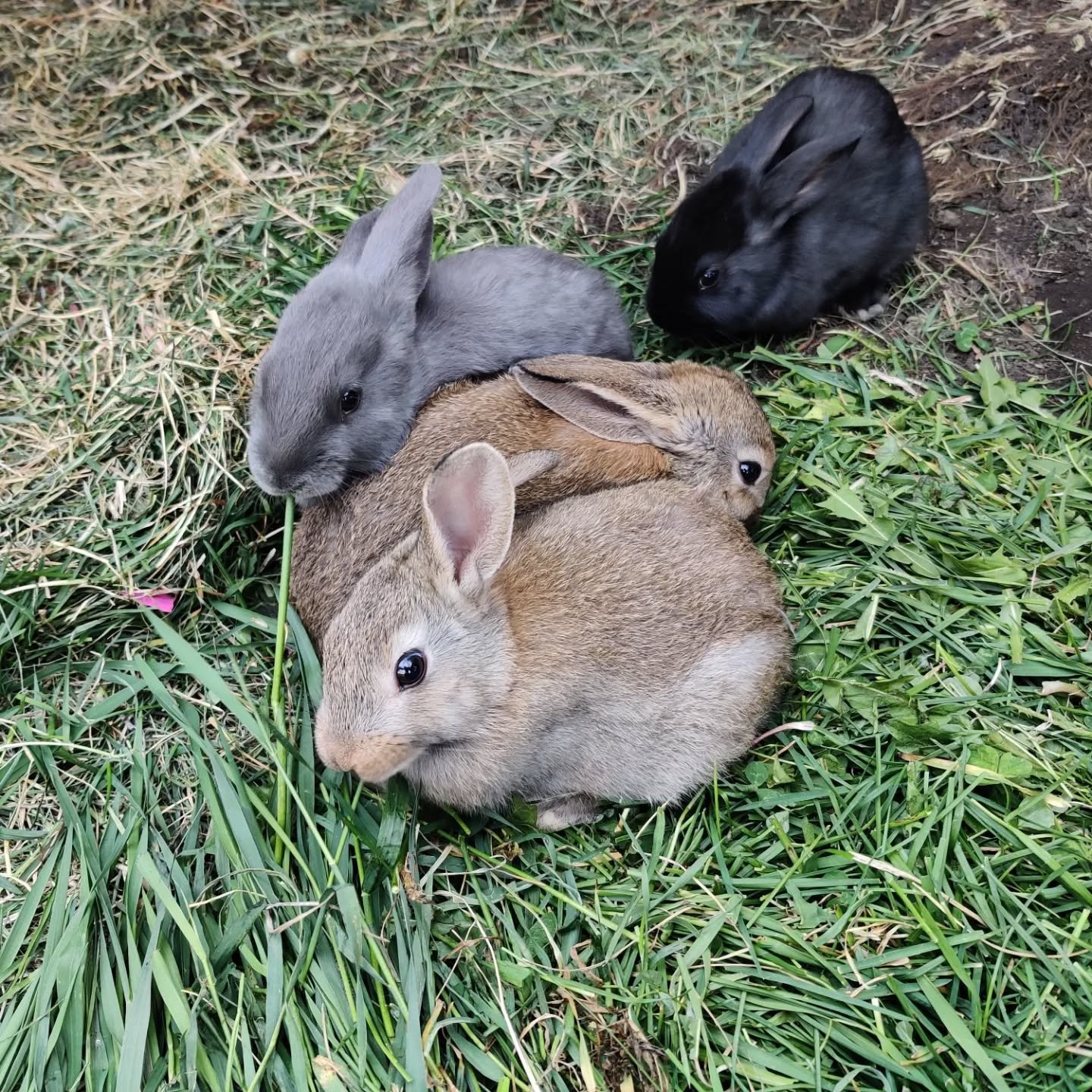
Also, rabbits possess self-grooming habits. They lick themselves like dogs and cats to feel clean and tidy.
However, don’t allow them to lick too much, as they can develop furballs in their stomachs if they swallow for a long time.
Also, their litter training capabilities make it a low effort to manage sanitization around their hutches.
4. Multipurpose Homestead Animals
Rabbits are mostly raised as a sustainable source of meat at the homestead because they are easy to breed and harvest quickly.
Their pale pink meat tastes similar to chicken but gives a strong flavor. You can raise different meat rabbits at your farm.
They are generously fertile, start to breed at a young age, and do not need human assistance. They also yield warm, luxurious pelts for clothes.
Besides, rabbits’ manure is dry, odorless, and in pellet form, which makes it excellent compost for gardens.
It breaks down quickly and contains rich plant supplements such as nitrogen, phosphorus, and other nutrients.
5. Sociable and Affectionate
Bunnies are naturally sociable animals and enjoy living in groups. Thirty rabbits can live in a single warren without complaining.
They need companions, so I recommend raising at least a pair of rabbits at home.
Due to their wit, they can easily develop bonds with humans, making them the perfect household pets. They enjoy hanging out around people and demanding attention.
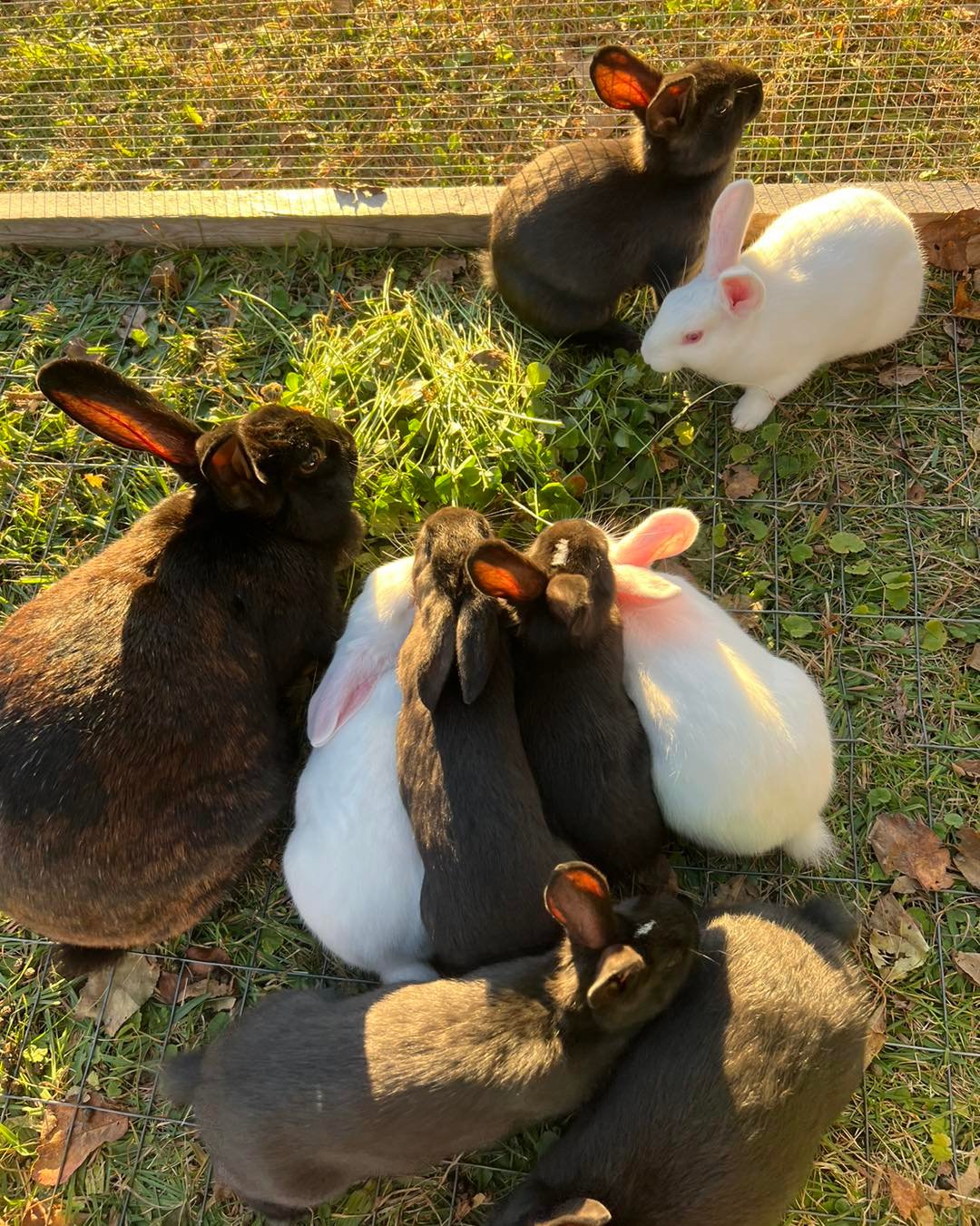
You can allow your children to be their best friends under your supervision.
These pets are so affectionate that they lick their caretakers and lie beside them, showing their loyalty and trust.
Whenever they feel excited, they circle your feet, jump into your lap, and begin pouring. Mine often chase me to the fridge and wait for me to give them a nice carrot.
The Cons of Owning a Rabbit
1. Fragile and Sensitive Health
Rabbits are very delicate and prone to developing instant health problems if they find changes in both diet and social surroundings.
Babies are easily caught ill, especially those under 6 months and over 6 years old.
Dental and gastrointestinal problems, bladder stones, coprophagy, sore hocks, and heat stroke are common ailments found in these fur pets.
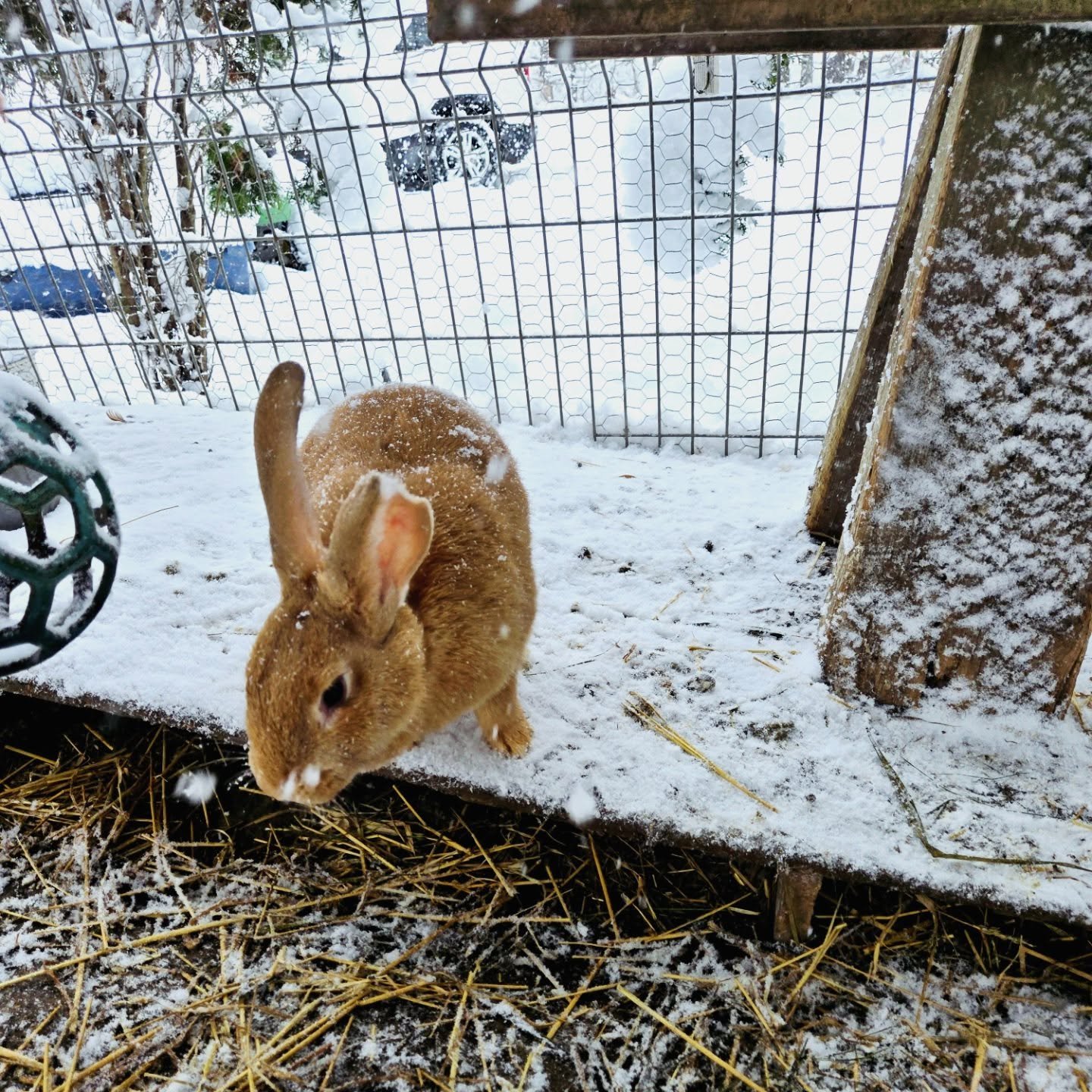
They are sensitive to water deprivation and are not restricted to drinking.
So, bunnies need regular vet checkups and special care. Depending on the vet’s fee structure, a regular checkup may cost between $35 and $65.
This charge can double if your bunnies are an exotic breed.
Another problem is that rabbit-specific veterinary care may not be easily available in some areas.
2. Diet and Digestive Challenges
Rabbits mostly eat hay but enjoy munching on green grass, fruit, fresh veggies, herbs, young plants, and weeds.
Their balanced diet includes unlimited hay, fresh greens, and a few pellets. You can expect to pay $40 monthly for their diet, a bonus treat, and toys.
Only give them a small amount of fruits and root vegetables, such as carrots and apples.
Also, provide them with good-quality pellets or nuggets made for rabbits and avoid feeding them muesli-style foods.
If they are overfed carbohydrates such as pellets, treats, carrots, and fruit, they may develop digestive issues, including gastrointestinal (GI) problems.
This may also appear if you lack enough fiber to feed them.
3. Chewing and Destructive Behavior
Bunnies have teeth that grow big and sharp consistently, so they blunt their teeth by chewing on whatever they find around them.
If they don’t chew, their teeth pierce their cheeks and tongue, causing painful ulcers.
Besides, they chew when they are bored and find no encouragement for other work.
So, their natural chewing tendency leads them to destroy furniture, wires, and other items. They also don’t take time to chew down the rooftops and frail net walls if their hutch is narrow and lower.
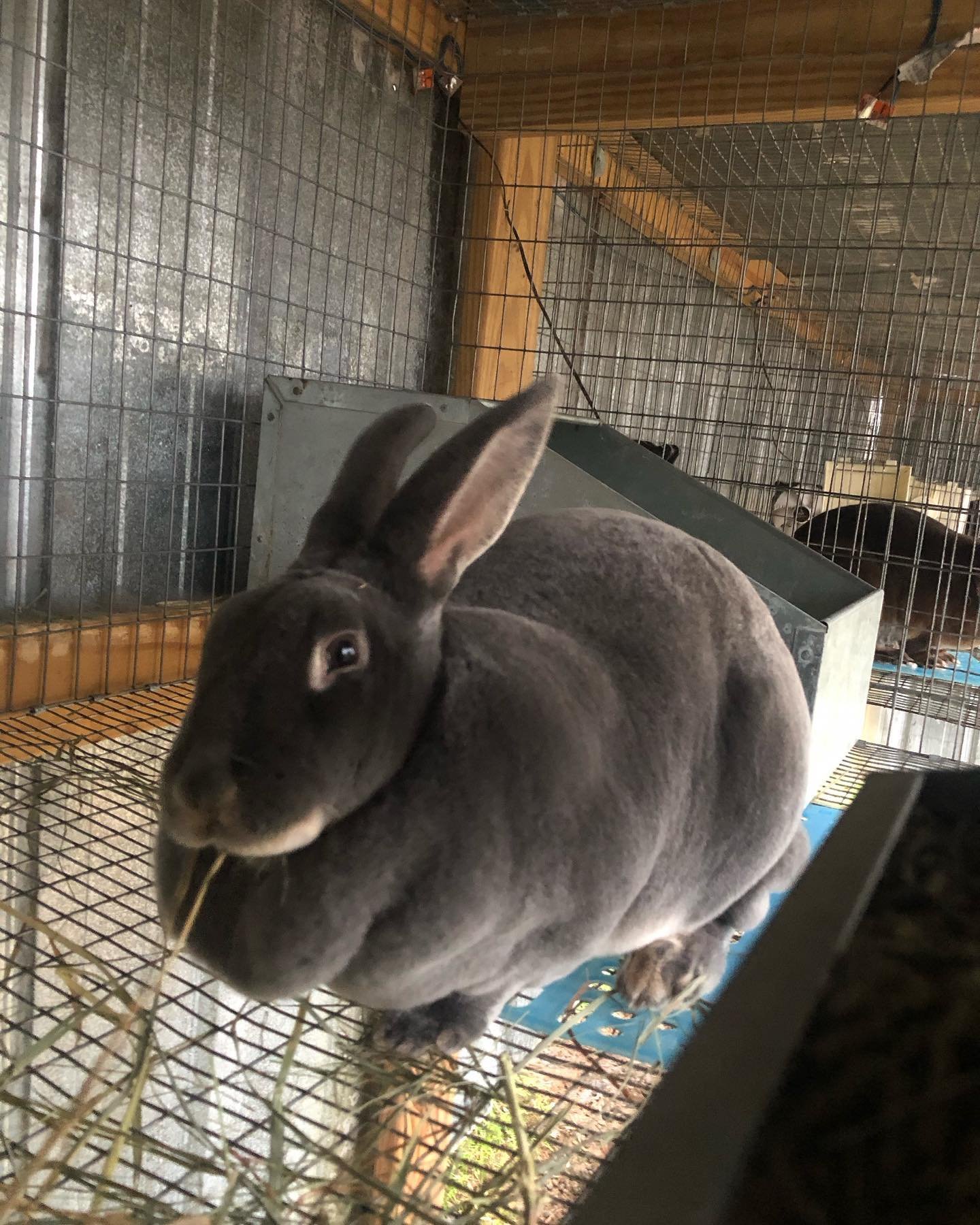
As burrowers in the wild, they can dig a tunnel in the corner of the room and destroy the carpet.
So, you need to buy a plastic mat and build a rabbit-proof hutch.
4. Longer Lifespan and Commitment
Bunnies mature in 6 months, but some breeds may grow continuously until they are 9-12 months old.
They also gain 1/2 pound per week. But don’t expect all animals to grow the same size and weight, even from the same breed.
If you save these fur animals from predators such as foxes, dogs, cats, coyotes, raccoons, birds of prey, and stoats, they can live for 8-12 years, depending on the environment and breeds.
This can benefit pet owners seeking long-term, loyal pet companionship.
However, they need to make a commitment to long-term care and attention for rabbits, which can be challenging for the busy farmholder.
So, aging and lifespan can be the pros and cons of owning a rabbit.
5. Messy and Escaping Nature
Rabbits shed a lot of fur. If you release them around the house freely, you may have noticed their furs attached to clothes, sofas, and flowers everywhere.
As a result, you end up vacuuming and dusting frequently in a single day, increasing your household chores.
Another problem is that they don’t want to be held and picked up. When visitors cuddle them, they feel scared and try to run away.
Bunnies are a combination of dogs and cats, which can be playful and require their own way of doing things independently at the same time.
So, they try to escape and, many times, successfully dig under the netting fence.
Factors to Consider Before Getting a Rabbit
After learning the pros and cons of owning a rabbit, it’s your sole decision if you want to keep or farm rabbits at home.
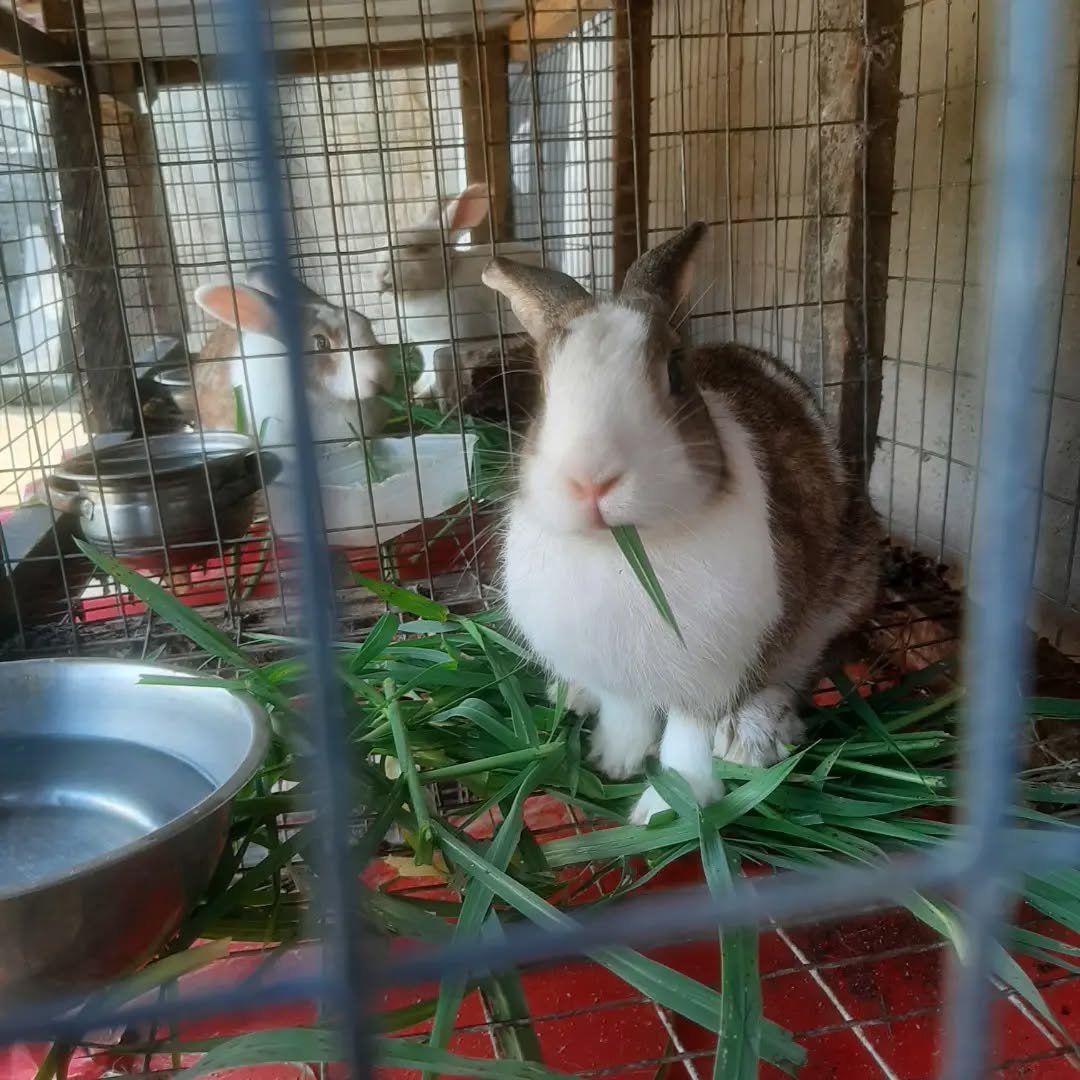
But here is a checklist for you to consider before you bring them.
Space availability: Rabbits require lots more space than you think, especially when they start breeding.
Financial and time commitment: You will need to spend $100 on the initial hutch, $25 on food per month, and $50 on vet care per visit, in addition to the purchase of rabbits and other extra expenses. Don’t forget you are required to take care of them.
Access to rabbit-savvy veterinarians: First, check if the rabbit specialists are around your location.
Willingness to adapt to the home environment: Bunnies love indoor settings if the requirements are met. So, you need to provide them with a setting, like their natural habitat, where they can be playful with their companions.
Final Thoughts
You may find raising rabbits challenging in the first year but it can be rewarding with meat and manure other than pet benefits.
Don’t keep your farm animals in a cage or small enclosure. Take them outdoors in the daytime for exercise.
I hope you can make an informed decision after learning the pros and cons of owning a rabbit. If there is anything left or if you are not satisfied, you can visit the pet owners directly to consult further.


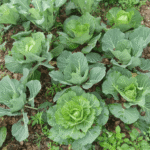
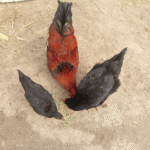
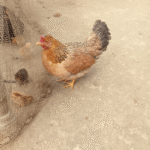
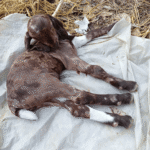

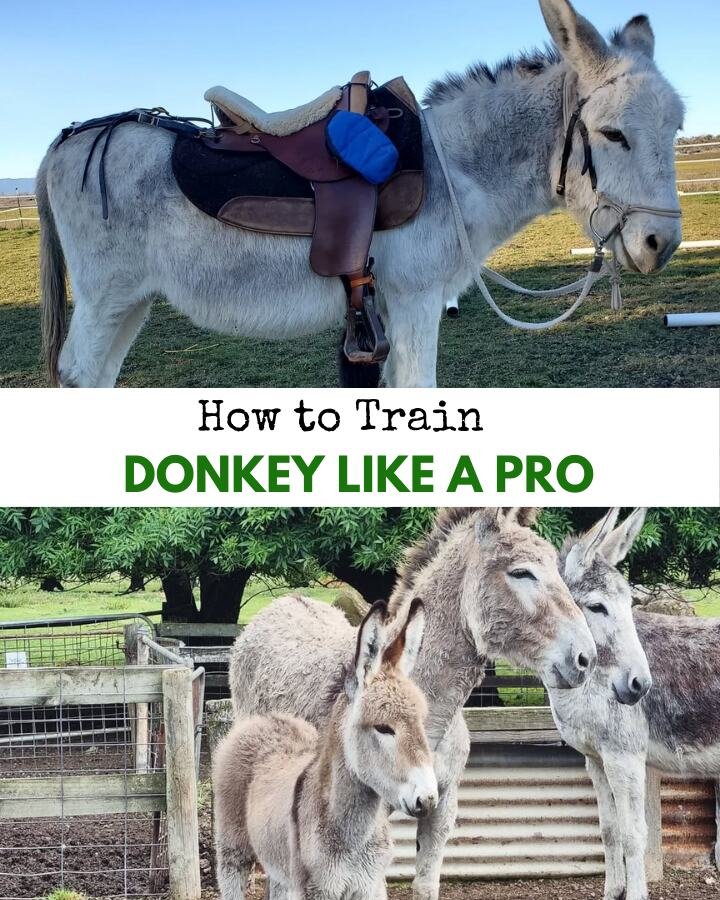


Leave a Reply